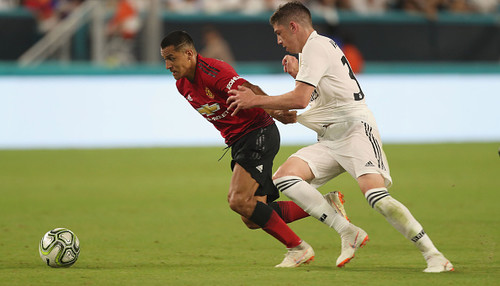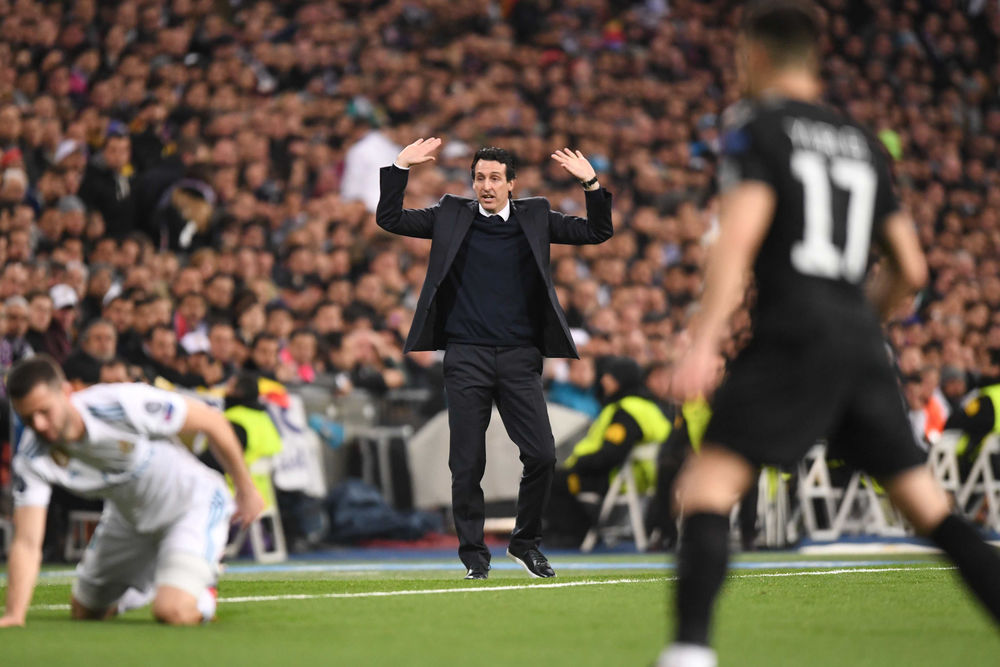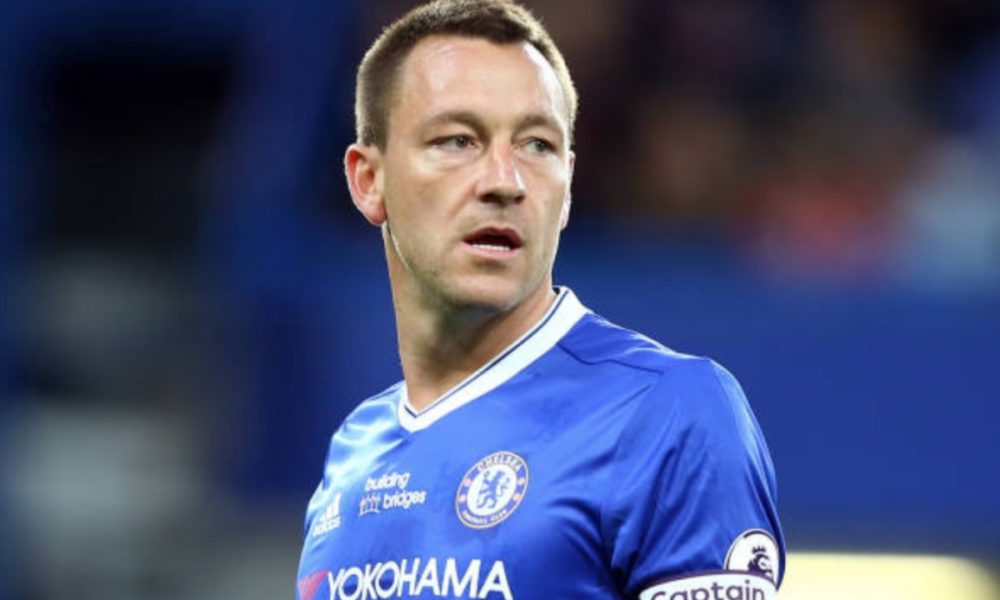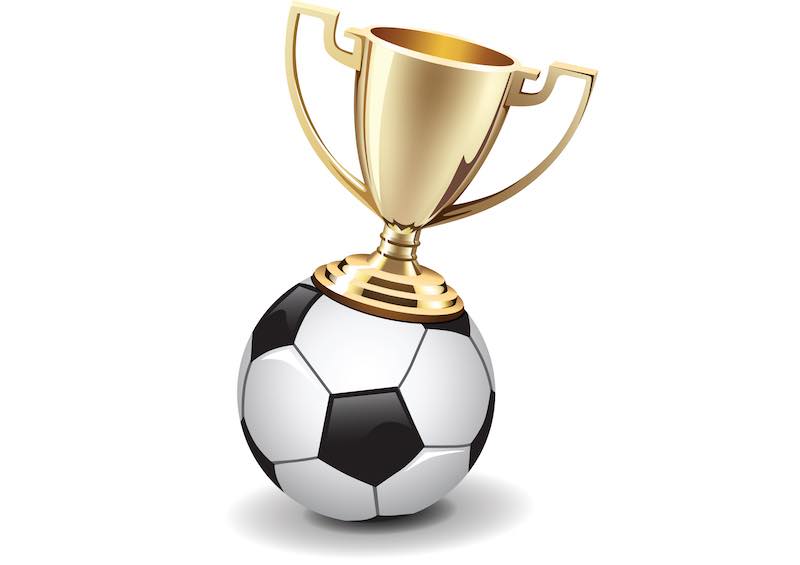Offside: how football players get into political scandals
 In the match against the Czech Republic, the players of the Ukrainian national football team came out in a game form, which depicts the inscription “Glory to Ukraine!”. This step immediately caused a negative reaction from Russia – the local football union complained about this to FIFA and UEFA. This is not the only case of political scandals in football. RBC-Ukraine recalls the loudest of them that have happened lately.
In the match against the Czech Republic, the players of the Ukrainian national football team came out in a game form, which depicts the inscription “Glory to Ukraine!”. This step immediately caused a negative reaction from Russia – the local football union complained about this to FIFA and UEFA. This is not the only case of political scandals in football. RBC-Ukraine recalls the loudest of them that have happened lately.
Who prevents someone else’s “Glory”
Ukrainian footballers were accused of politicizing the game. The Ukrainian national football team in a match on September 6 won the Czech team in the first round of a new tournament of European teams, the League of Nations. The day before the match, a new game form of the Ukrainian team was presented. The slogan “Glory to Ukraine!” Appeared on T-shirts, which caused a mixed reaction in Russia. Igor Lebedev, a member of the executive committee of the Russian Football Union, said on Russian radio that UEFA and FIFA should consider putting slogans on t-shirts.
“We have no examples for slogans on the football form of players of a particular national team’s country. There’s a very specific set of things that can be applied. This is the name of the country, the player’s name, number and national emblem, but no slogans on football uniforms is not provided. I believe that the relevant FIFA or UEFA committee should consider this, “said a Russian football official.
He also stated that politics thus actively invades sport. At the same time, not everyone in Russia shared this view. Dmitry Svishchev, a member of the State Duma Committee on Physical Culture and Sport, said that each team has the right to use its own slogans and symbols.
“We are not opposed to Ukraine or any other country acting under its own symbolism. Therefore, it is necessary to separate politics from sports and treat such things calmly,” he said, in other words, not forgetting to mention the “nationalist antics of some Ukrainian athletes”, who their actions are allegedly trying to provoke Russia.
UEFA itself did not see any violations in the use of the slogan “Glory to Ukraine” by football players. According to the head of the Football Federation of Ukraine (FFU), Andrei Pavelko, in the commentary to Futbol 1, the placement of the slogan on T-shirts was agreed with UEFA and is not a violation.
A loud scandal flared up around the slogan “Glory to Ukrane” during the World Cup, which took place in Russia from June 14 to July 15. After the victory over the Russian team, the Croatian footballer Domagoj Vida and a member of the coaching staff of the country’s team Ognjen Vukojević published a video in which they chanted “Glory to Ukraine”. By the way, both spent several years in Ukraine, speaking for Dynamo Kyiv. Then FIFA football officials issued Vid an official warning, and Ognen Vukojević received a fine and was temporarily dismissed from the coaching staff of the Croatian national team. Later, Domagoi Vida publicly apologized to Russian fans on Russian television. That, however, did not prevent him after this incident to post again on social networks video chanting the slogan “Glory to Ukraine”. A spokesman for the Ukrainian national football team, Alexander Glivinsky, told RBC-Ukraine that in this case, FIFA saw the intolerance of Croatian football players to the Russians. “The slogan was said by the Croats in the context of the victory over Russia, FIFA found intolerance in this,” Glivinsky explained to the publication.
At the same time, football associations did not find a political context in the slogans of players and fans in other European countries. For example, “Forza Italia” (Forward Italy, – ed.) Or “Vive la France” (Long Live France, – ed.), Common among fans of these countries, do not cause complaints to football associations.
Play the scandal
Not only Croatian footballers received accusations of political statements. At the same World Cup, the Swiss national football team Sherdan Shakiri and Granit Jak in the match against Serbia celebrated the goals scored with gestures that symbolize the Albanian eagle. The gestures were addressed to Serbian fans and angered the latter – glasses and other items flew from the stands to the players. The fact is that both Swiss footballers are Albanian emigrants from the partially recognized republic of Kosovo, which in 2008 declared independence from Serbia.
This event was reported by the media around the world as the first political gesture at the 2018 World Cup, but formally FIFA could not show anything to the players – they did not demonstrate anything forbidden, and Kosovo is a recognized country.
However, football officials do not bring together teams from Kosovo and Serbia, as well as Ukraine and Russia. The FFU agree that the Ukrainian and Russian teams do not play with each other, and explain their position to RBC-Ukraine. “We are at war. How can we play joint matches? In the current situation, when Russia occupied part of the Ukrainian territories, FFU does not consider it possible to play with the country’s aggressor team, go there for matches”




